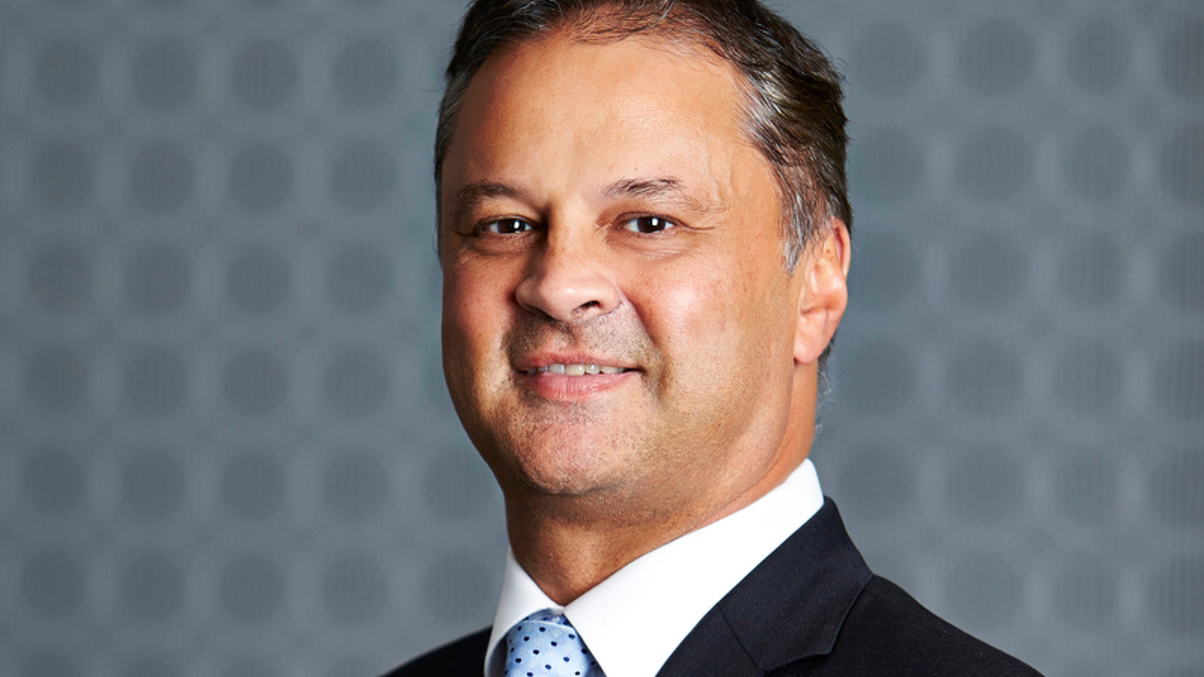UniSuper paring private equity exposure
The $37 billion pension fund for Australia’s higher-education sector favours property and infrastructure over PE. It is also working to upgrade the overall quality of its portfolio.

It’s been a major trend in recent years for institutional investors in Asia Pacific to ramp up their exposure to alternative assets. So it comes as quite a surprise when a sizeable and sophisticated pension fund says it has been reducing its private equity allocation.
Sign in to read on!
Registered users get 2 free articles in 30 days.
Subscribers have full unlimited access to AsianInvestor
Not signed up? New users get 2 free articles per month, plus a 7-day unlimited free trial.
¬ Haymarket Media Limited. All rights reserved.


